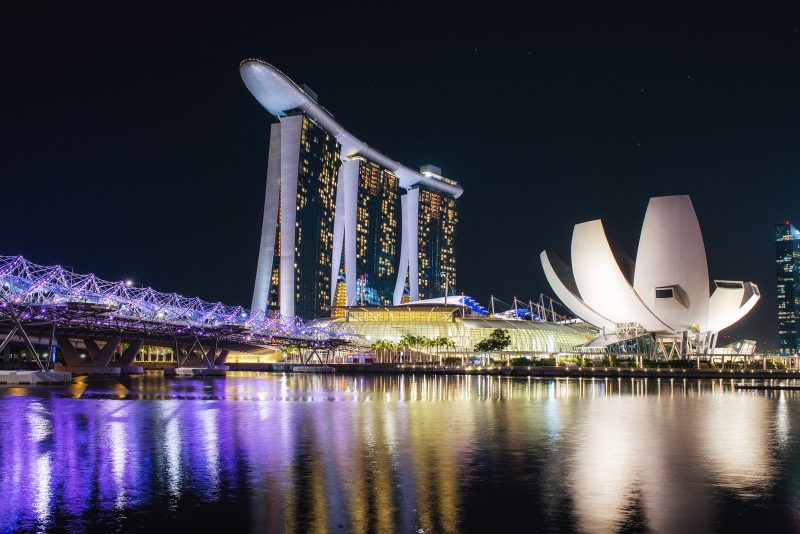Every week, when we review the most-read posts on the Global Voices website, one article that stands out is “Singapore: Is It a City or Country?”
It is always on our weekly list because of its high number of unique visitors. Last March 2017, it was the second most read article on our website. This is quite astonishing since the article was written and published in 2009.
In terms of web traffic, it is the second most popular article on Global Voices of all time.
Why is it popular? Perhaps because of its SEO-friendly headline? Indeed, the article is one of the top results if “Singapore Country” is searched on Google. And it is the top result if an Internet user wants to know more about “Singapore City Country”.
According to my Singaporean friends, the topic of the article is not frequently discussed in local politics, media debates, and academic studies. Singaporeans are well aware that they are living in a city state, so I assume who is driving the traffic are tourists, migrant workers or simply netizens from around the world who want clarification as to whether Singapore is a city or a country.
When I wrote the article in 2009, my aim was not to directly address the issue but to highlight how the controversial opinion of a government minister generated a lively online debate. Responding to the criticism that Singapore’s democracy is dominated by a single party (People’s Action Party), the minister surprised the public when he insisted that his country should be treated as a city. Naturally, some bloggers and other netizens accused him of “twisting logic” and making false analogies to justify the dominance of a single party in Singapore.
I simply curated the contending views regarding the issue with little expectation that it would be a sleeper hit on our website.
Every time I review the article, what draws my attention are the links to blogs and websites that are no longer available. Since it continues to be read today, should I update it by removing the dead links and replace them with better and newer sources? Should I provide additional perspectives and give a clearer answer to the question posed in the headline?
In the end, we left the article as it is (although we later uploaded a photo to conform to our updated style guide). The quotes from old blogs are preserved, which I think reflects the mission of Global Voices to publish voices that are not featured on mainstream media.
I am not sure if all who have clicked through to the article wanted to learn about Singapore’s local politics, but I hope it has piqued their interest in Singapore’s electoral and political system, and that it encouraged them to look for more Singapore-related stories on Global Voices.




